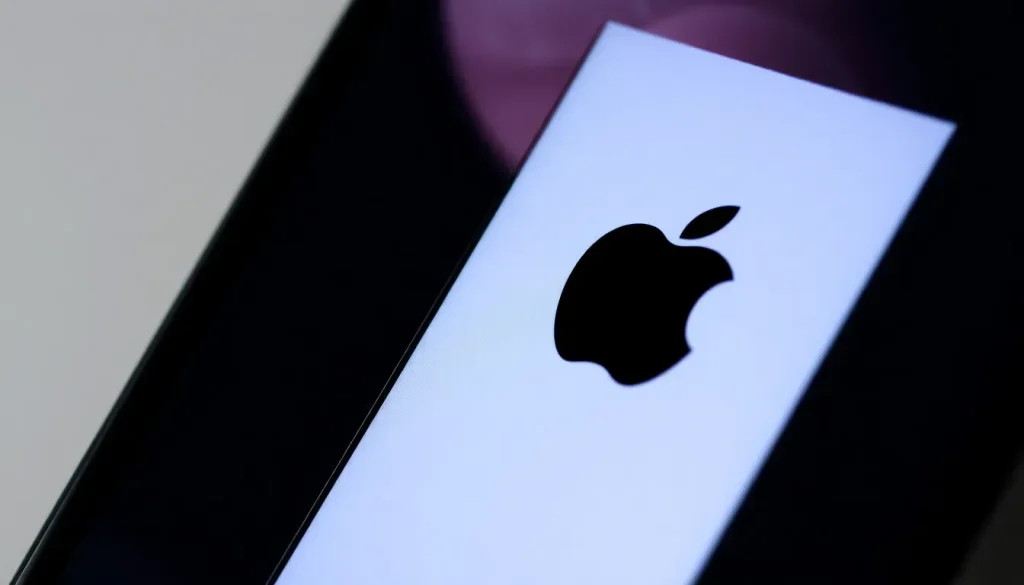Apple addresses Apple Pay lawsuit not yet served by Fintiv

In the dynamic world of technology and finance, legal battles often emerge as companies strive to protect their innovations and market positions. One such battle is unfolding between Apple and Fintiv over the use of Apple Pay. This case not only highlights the intricacies of trade secret laws but also raises questions about the strategies companies employ in litigation. As Apple responds to Fintiv's claims, the implications of this lawsuit extend beyond the courtroom, resonating within the broader tech industry.
Apple has officially responded to a trade secret complaint filed by Fintiv concerning Apple Pay, which originated in August. Interestingly, this response is not merely a procedural necessity but a proactive measure by Apple to expedite the legal process. Despite Fintiv initiating the complaint two months prior, they have yet to serve Apple, which is a crucial step that would formally initiate the lawsuit. Apple asserts that Fintiv is employing dilatory tactics to avoid having what they deem a "frivolous" case heard in court.
For those unfamiliar with the ongoing developments, here are two significant articles that provide essential context:
- Apple pushes back on Fintiv’s latest litigious attempt to profit off Apple Pay
- Unsealed Apple Pay ruling explains Fintiv’s Texas retreat and weakens new Georgia case
Significance of jurisdiction and judicial selection
In the unfolding legal drama, Apple's response highlights several critical points regarding jurisdiction and the choice of judges. Apple indicates that it has consistently pushed to relocate Fintiv’s patent case to California. In contrast, Fintiv has insisted that the Western District of Texas is the appropriate venue, asserting that Judge Alan Albright is the suitable adjudicator for the case at hand.
Apple argues that it is inappropriate for Fintiv to suddenly select a different jurisdiction for its trade secret complaint after its unsuccessful attempt to leverage the Texas court system. This tactic raises questions about the strategic maneuvering involved in litigation and the implications it has for legal consistency.
Arguments for dismissing the case
Apple's response details multiple grounds on which it believes Fintiv’s claims should be dismissed:
- Fintiv's claims based on federal and Georgia trade secrets laws, as well as federal racketeering laws, are time-barred. Fintiv has been aware of the underlying facts since 2014 but chose to wait until August 2025 to file a lawsuit, following its defeat in a patent case.
- The racketeering claims specific to Georgia lack validity because they depend entirely on allegations of trade secrets that are already governed by state trade secret law.
- Fintiv’s rebranding of its trade secret complaint as a racketeering case fails to establish the necessary elements of a criminal enterprise or a consistent pattern of illegal actions.
These arguments are further bolstered by the fact that Fintiv has not yet formally served Apple with the lawsuit, a crucial element that could influence the court's perception of the case.
Fintiv’s track record with Apple Pay claims
Apple's response underscores that Fintiv has spent over seven years attempting to capitalize on a single patent, only to have courts determine twice that Apple Pay does not infringe upon it. Apple asserts that it developed Apple Pay independently, utilizing its own patented technology.
Moreover, Apple contends that Fintiv's new allegations regarding trade secrets merely rehash the same failed patent claims, repackaged under a different label. Notably, the original patent publicly discloses the elements that Fintiv now claims are "secret," which legally disqualifies them from being considered trade secrets.
To further diminish Fintiv's claims, Apple points out that two former employees of CorFire, cited in Fintiv's complaint, joined Apple in 2015, well after the launch of Apple Pay in 2014. This timeline undermines any assertion that their employment contributed to the development of the payment system.
Additionally, Apple critiques Fintiv's racketeering allegations as an overreach, arguing that the purported "criminal enterprise" is merely a description of Apple's normal business interactions with partners, devoid of any illicit undertones.
Apple's legal strategy and filing details
In its recent filing, Apple articulates its position clearly, laying out its arguments against Fintiv’s claims. As it stands, the case remains at a standstill until Fintiv takes the necessary step of serving Apple with the complaint. If this delay continues, it is possible that Apple's proactive response could advance the proceedings more effectively than Fintiv's actions.
For those interested in a deeper dive into the legal strategies surrounding this case, the following video provides valuable insights:
The implications of this lawsuit extend beyond the immediate parties involved, touching on broader themes of intellectual property rights, innovation, and the competitive landscape in the tech industry. As this case develops, it will be crucial to monitor how both companies navigate the complexities of the legal system and the potential impact on consumers and the market as a whole.




Leave a Reply